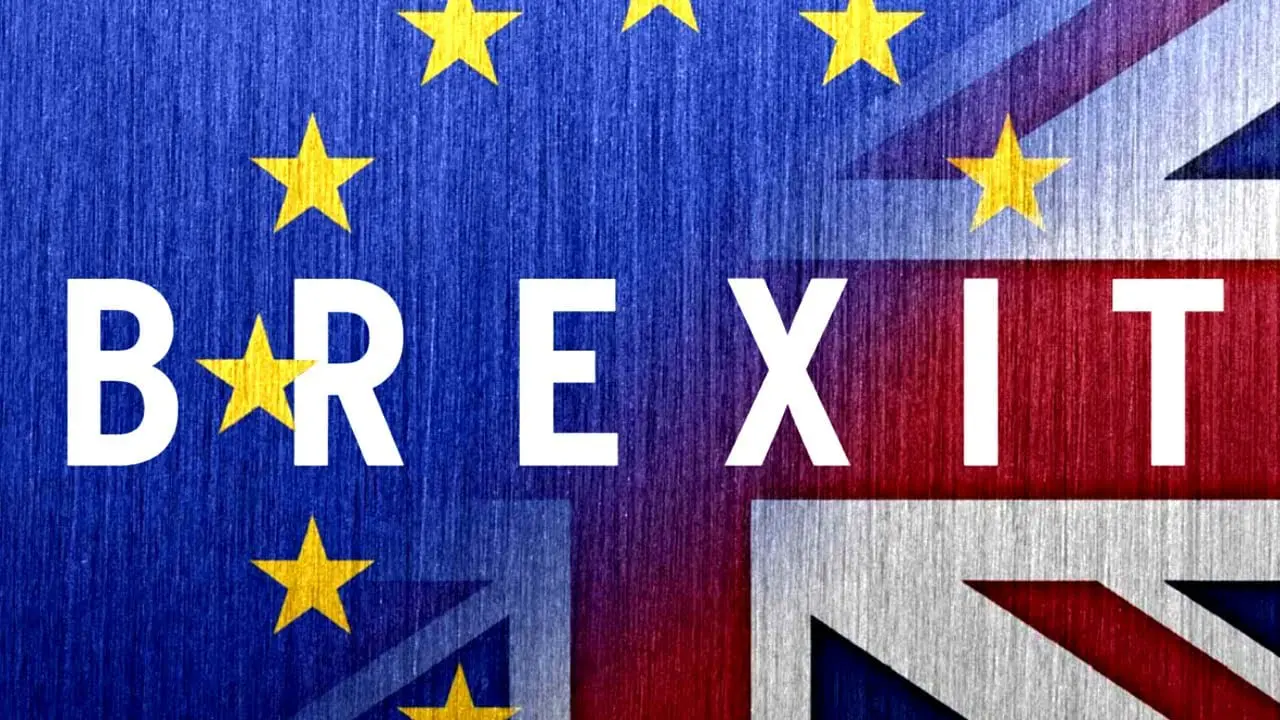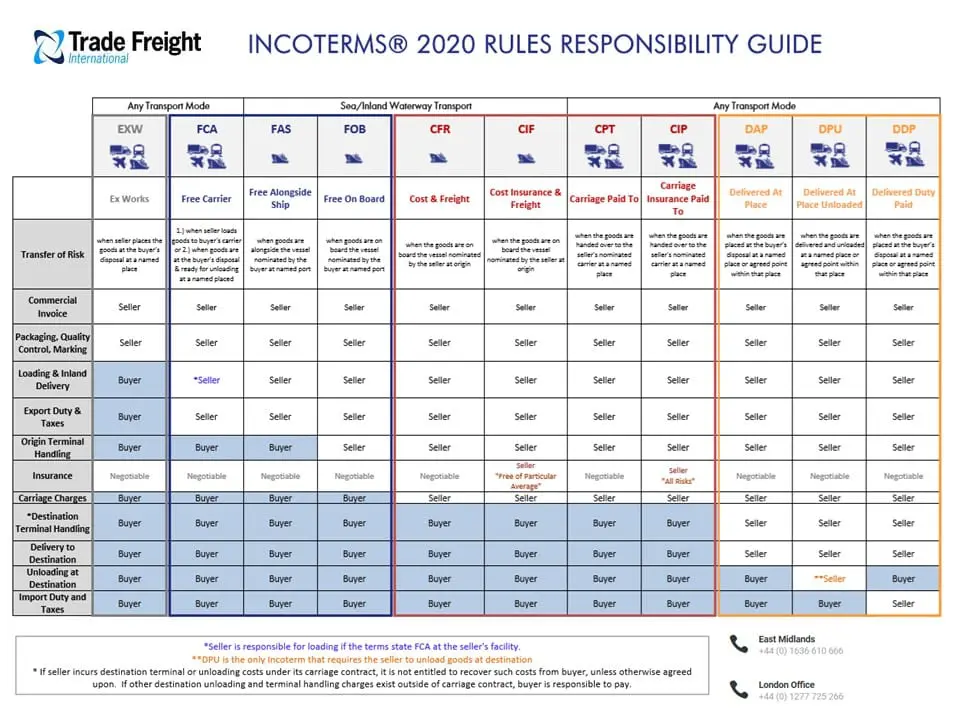When the internet first came along, many business experts became very excited about the fact that it opened the door to smaller businesses to compete on a global basis in the same way as bigger companies had been doing for years. Some companies grabbed this new opportunity with both hands, while others stayed firmly local, even if they ended up integrating with the digital world. Both business models have seen their successes and their failures. Here is a brief guide to deciding which is right for you.
First of all, decide whether or not you realistically can go global
If you are selling products and services which can be delivered online, then there is a very strong chance that you are good to go for global sales, especially if you can deliver them through an established sales platform, such as Amazon, which can deal with the local tax authorities for you (e.g. apply the right level of VAT and send it to the relevant government). Even here, however, you might want to proceed with some caution, because it’s easy to fall foul of quirky norms and local laws.
You could try, legally, getting around these by selling in your own country but allowing international buyers to come to you, but then you might have to spend quite a bit of money promoting your business in the international market and hoping that this induces global buyers to visit your local site.
If you’re selling physical products and services then the barriers to going global are even higher. In fact, in some cases, they may be insurmountable. For example, if you produce products using alcohol then you are probably not going to be allowed to export to certain countries under any circumstances. In other cases, however, they may be fairly minor, such as the need to organize postage and packing and, of course, there will be many variations in between.
Secondly, decide if you are a transactional business or a relational one
There are basically two types of businesses, transactional and relational. Transactional businesses are largely focussed on price, or at least perceived value. Supermarkets and other “big-box” stores are all examples of transactional businesses. Relational businesses as the name suggests, based on shared values.
Businesses which have a good relationship with their customers may be able to charge above-average prices (although not ones which are perceived to be excessive) because their customer base perceives them to be worth it. Apple may be the ultimate example of a relational business.
Transactional businesses may struggle to globalize because the costs of operating globally have to be picked up by the consumer (if the business is to survive) and this will ultimately feed into higher prices. The exception is if transactional businesses can offer exclusive products (or at least products which are difficult to find elsewhere). This, however, can be something of a challenge.
Relational businesses may find it easier to go global, however, they will still have to think about how they are going to manage their relationship with their customers as they grow, especially if they expand into markets with very different cultures and languages.
Work out whether your business is based on needs or wants
If your business is based on a need, then you should think about how long a customer is really likely to wait for that need to be fulfilled. Again, if you can deliver digitally, then you may be able to respond instantly, but common sense suggests that the longer a customer has to wait for a need to be met, the more likely they are just to grab what they need locally. There is probably still a limit to how long they will wait to have their wants satisfied, but this could be rather longer.
For information on overseas haulage please contact us.



Recent Comments